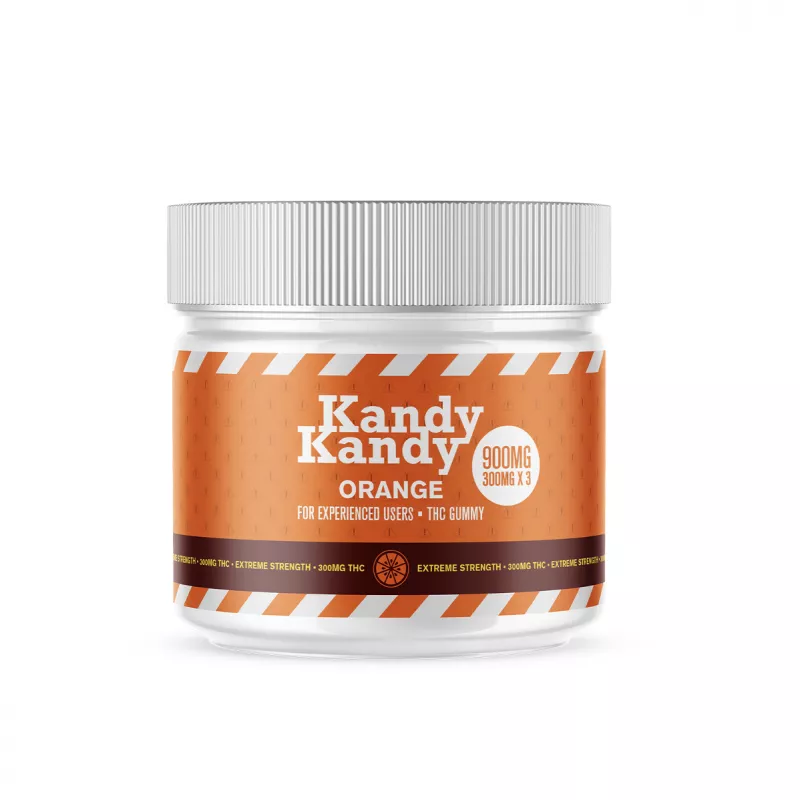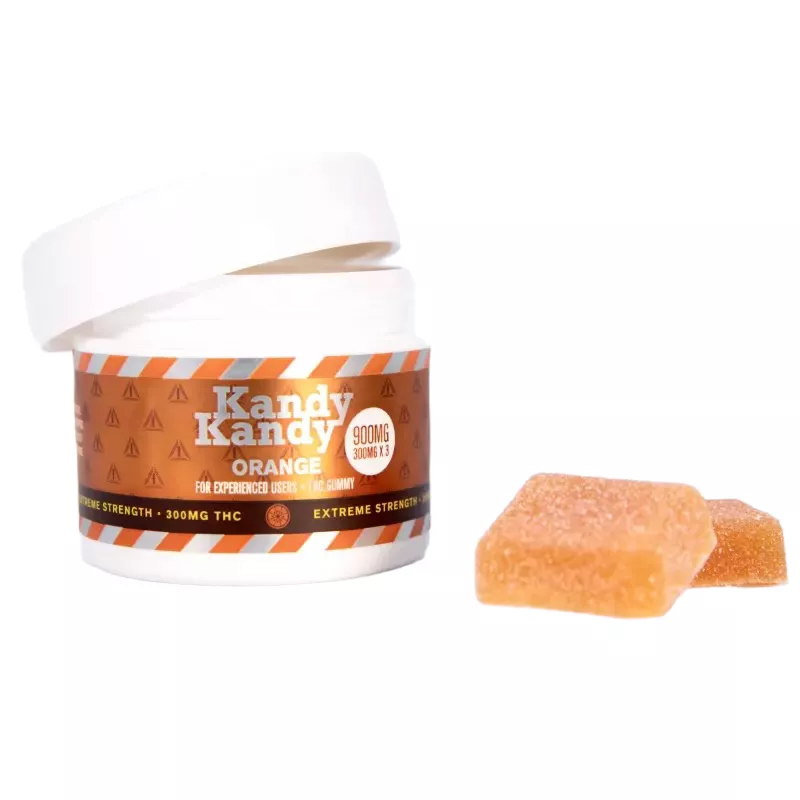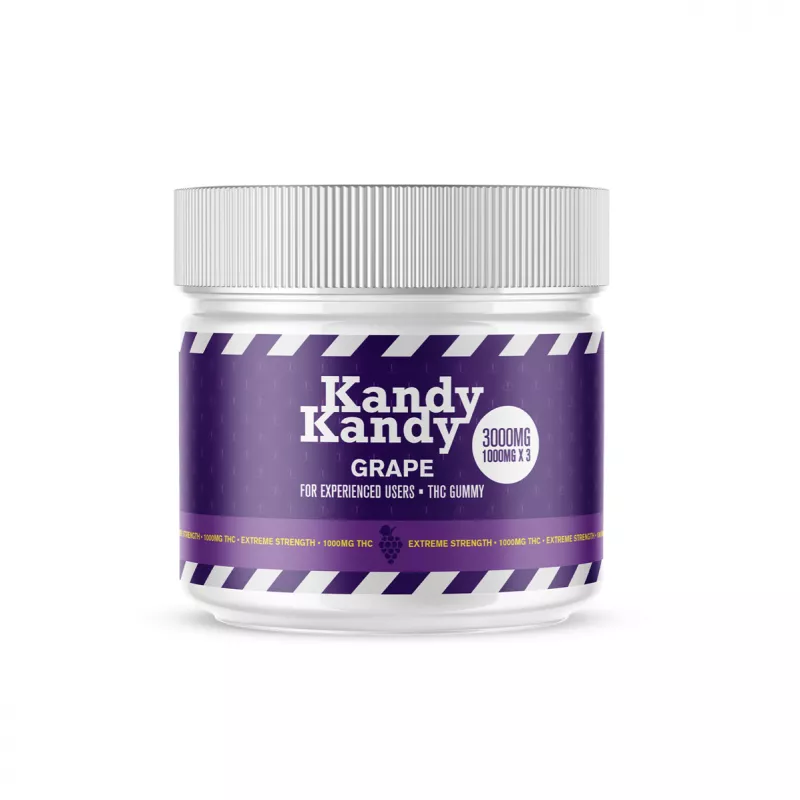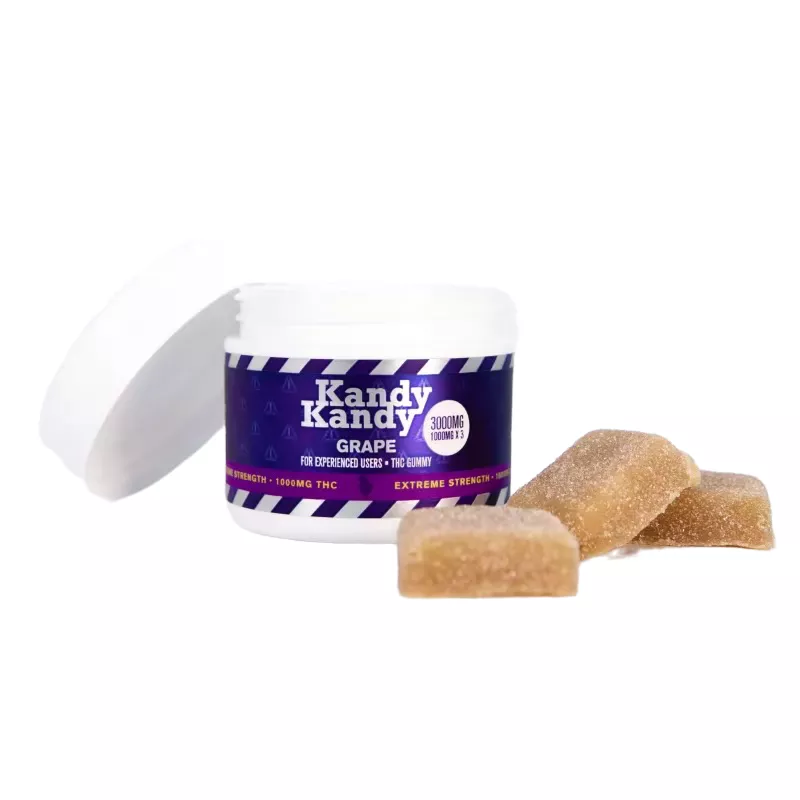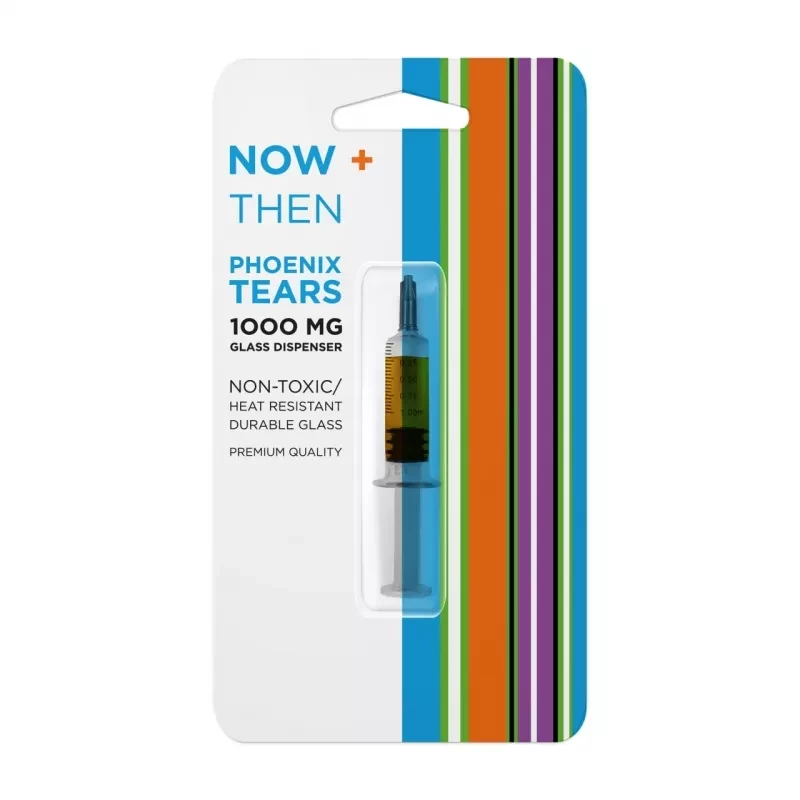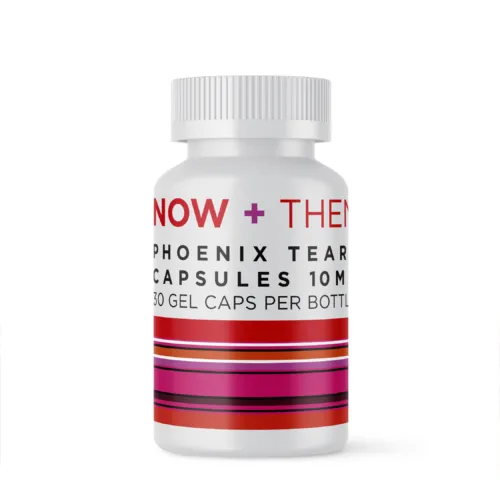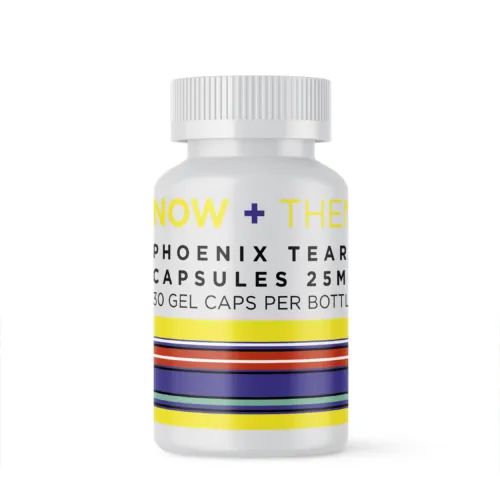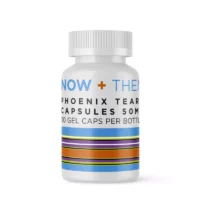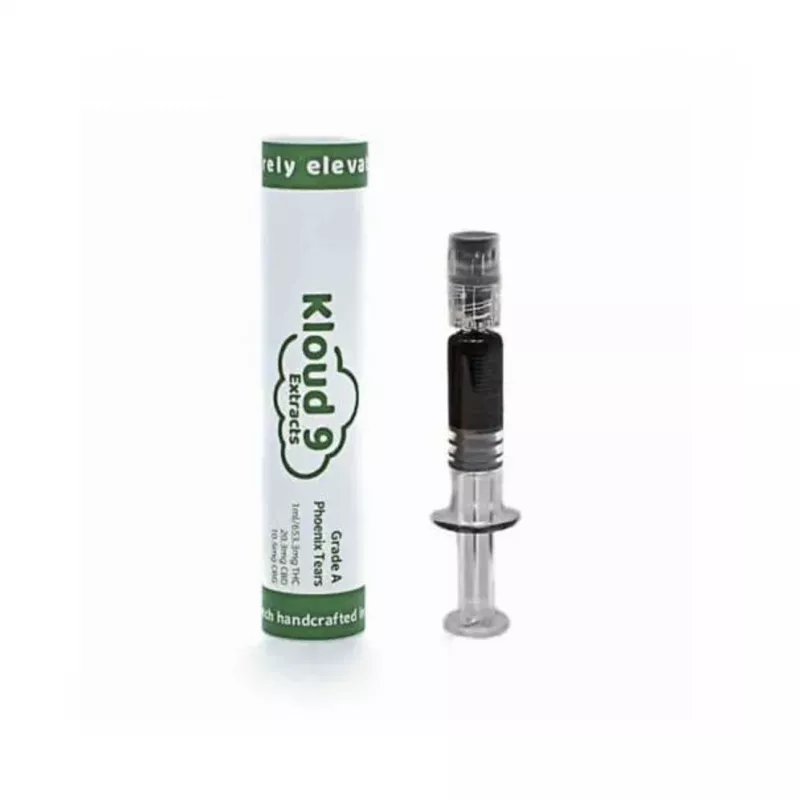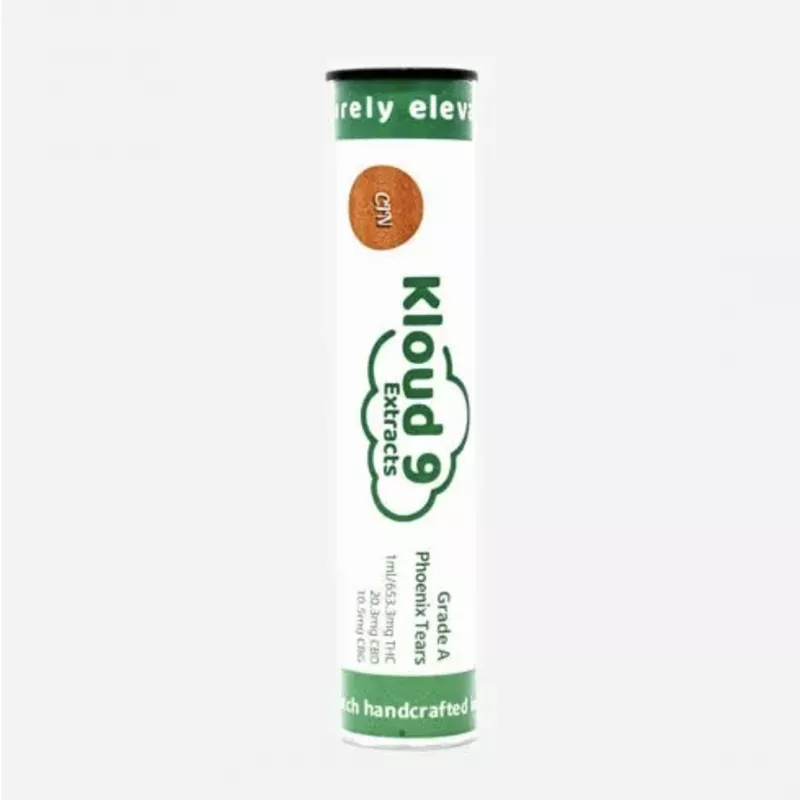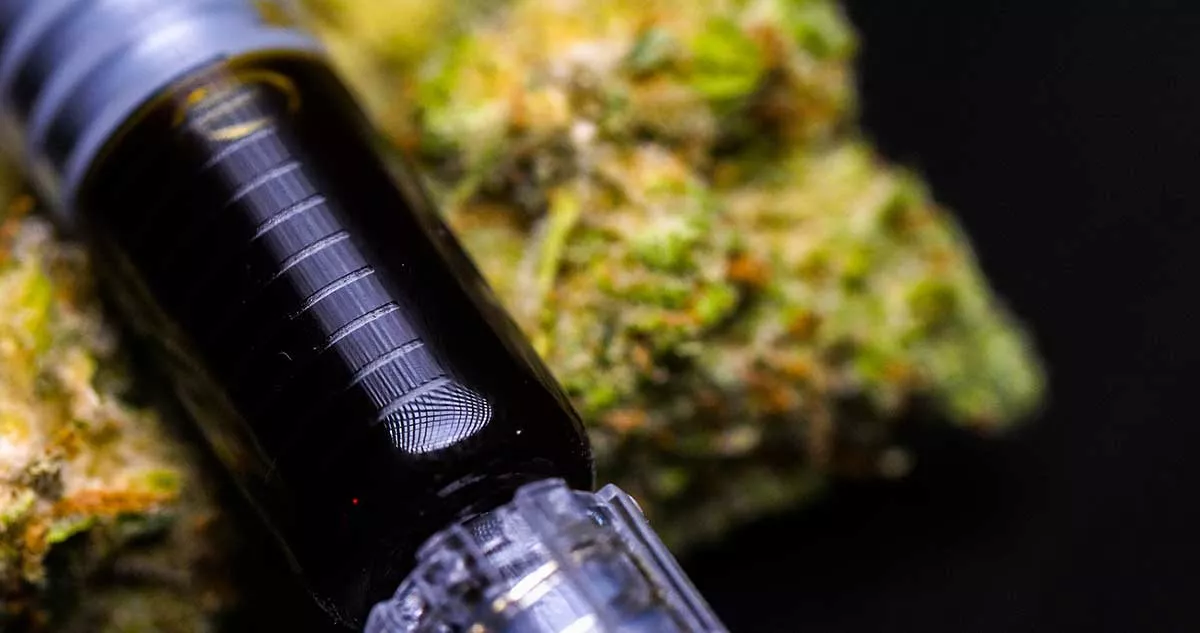Rick Simpson Oil: A Comprehensive Guide Rick Simpson Oil Cancer Rick Simpson Oil (RSO) has become a popular alternative treatment among cancer patients. RSO is a concentrated cannabis extract typically […]
- Shop All
- Type
- (144) THC>
- (75) CBD>
- Need
- Sleep>
- (21) Pain>
- (10) Anxiety>
- (6) Pets>
- (88) Edibles
- (14) CBD Edibles>
- (60) THC Edibles>
- (3) Ratio Edibles>
- (33) Hybrid Edibles>
- (87) Vegan>
- (5) Beverages>
- Strain
- (29) Indica>
- (24) Sativa>
- (47) Hybrid>
- (14) Tinctures
- (5) Anxiety Tinctures>
- (9) CBD Tincture>
- (1) Pain Tincture>
- (4) Ratio Tincture>
- (4) Sleep Tincture>
- (4) THC Tincture>
- (4) Capsules
- (1) CBD Capsules>
- (0) THC Capsules>
- (3) Ratio Capsules>
- Foggers
Phoenix Tears (RSO)
-

900mg Orange High Dose Phoenix Tears Gummies - Kandy Kandy
THC 900mg | CBD 0mg$56.00 -

3000mg Grape High Dose Phoenix Tears Gummies - Kandy Kandy
THC 3000mg | CBD 0mg$95.00 -

Phoenix Tears Glass Dispenser - Now + Then
THC 1000mg | CBD 0mg$26.00 -

10mg Phoenix Tears Capsules - Now + Then
THC 300mg | CBD 0mg$42.00 -

25mg Phoenix Tears Capsules - Now + Then
THC 750mg | CBD 0mg$52.00 -

50mg Phoenix Tears Capsules - Now + Then
THC 1500mg | CBD 0mg$65.00 -

Mint Phoenix Tears - Kloud 9
THC 1000mg | CBD 0mg$28.00 -

Raw Phoenix Tears - Kloud 9
THC 1000mg | CBD 0mg$28.00 -

Cinnamon Phoenix Tears - Kloud 9
THC 1000mg | CBD 0mg$28.00 -

Honey Phoenix Tears - Kloud 9
THC 1000mg | CBD 0mg$28.00
Benefits of Phoenix Tears (RSO)
- Pain relief - Activates cannabinoid receptors involved in pain regulation
- Anti-inflammatory - THC and other compounds have anti-inflammatory properties
- Improved sleep - THC helps induce sleep and increase sleep duration
- Increased appetite - THC stimulates hunger hormones
- Cancer treatment - Anecdotal success treating cancers, but clinical data still needed
How to Use Phoenix Tears (RSO)
- Sublingually - Place oil under tongue and let absorb
- Edibles - Add to food, drinks, capsules to mask taste
- Topicals - Apply to skin for localized relief without psychoactivity
- Vaping - Use small amount in suitable vaporizer for fast effects
What is RSO?
Simply put, RSO is a cannabis oil made from the whole plant (like Phoenix Tears), not just trichomes. The long extraction process is like making a tincture. RSO is very dark and doesn't taste great since it uses the entire plant.- Phoenix Tears are a highly concentrated cannabis extract, also called Rick Simpson Oil (RSO)
- Developed by Canadian Rick Simpson to treat his skin cancer
- Made by extracting cannabinoids like THC and CBD from cannabis into an oil
- Contains very high levels of THC, typically over 90%
Who is Rick Simpson?
Rick Simpson didn't intend to become a cannabis icon. He was an engineer in Canada in 1997 when he was exposed to asbestos on the job, causing him to pass out and injure himself. He developed tinnitus and dizziness, with no medication helping. Despite illegality and his doctor's advice, he used medical marijuana with great success. In 2003 Simpson was diagnosed with skin cancer. By then, cannabis was legal for medical use in Canada, but he still faced obstacles. A 1975 study showed cannabis inhibited tumor growth in mice, inspiring Simpson to create RSO. Simpson claims he cured his cancer by applying RSO topically, but this hasn't been verified. He began giving RSO away to patients for free. In 2009 his property was raided and plants seized, so Simpson moved to Croatia to avoid prosecution.Benefits of RSO
While lacking clinical research, many anecdotal reports say RSO helps manage symptoms of various conditions. As more states legalize cannabis, more data is becoming available. A 2013 study showed RSO drastically reduced leukemic cells in a terminal cancer patient without side effects. RSO is said to help with MS, epilepsy, cancer, insomnia, chronic pain, asthma and more. The high THC content offers potential therapeutic effects like pain relief, appetite stimulation, improved sleep and reduced nausea. But more studies are still needed.Rick Simpson Oil for Cancer Treatment
- A 2013 study showed RSO significantly decreased leukemia cells in a terminal cancer patient without toxicity.
- RSO may help manage symptoms of conditions like MS, epilepsy, cancer, insomnia, chronic pain, and asthma based on anecdotal patient reports.
- The high THC potency offers potential therapeutic effects including pain relief, appetite stimulation, nausea reduction, and sleep aid.
- More research is still needed to confirm RSO's benefits and best practices for integrating it into cancer treatment.
- A 2021 study found many cancer patients used cannabis but their doctors lacked guidance on properly incorporating it.
- Rick Simpson created RSO after his own cancer diagnosis, aiming to replicate a 1975 study showing cannabis killed cancer cells in mice.
- Simpson claims he cured his skin cancer with topical RSO, but this is unverified. Many patients use RSO to improve cancer symptoms.
- Cancer patients should consult their doctor before trying RSO to discuss options and safe integration.
RSO for Back Pain
Most RSO recipes call for high-THC, indica-dominant cannabis. The final product is highly intoxicating, so dosing starts small. THC binds to receptors that reduce sensations of pain.- One of the most popular uses for RSO is chronic back pain relief. Back pain impacts up to 80% of people at some point.
- RSO recipes typically use high-THC, indica-dominant cannabis strains. This makes the final oil product highly intoxicating.
- Gradual dosage increase is recommended to avoid an uncomfortably strong high from the RSO when treating back pain.
- THC binds to CB1 receptors concentrated in the brain and nerves. This interaction reduces sensations of pain when using RSO.
Is RSO Dangerous?
- RSO won't cause overdose, death or lasting side effects, even with the high THC levels. The risks are similar to any cannabis product - mainly getting too intoxicated if the dose is too large.
- Purchasing lab-tested RSO from a licensed dispensary ensures a clean, quality product without contaminants.
- Making RSO at home can be risky due to using flammable solvents that could be explosive or leave toxic fumes. Homemade RSO may also retain some solvents.
- If ever uncertain about the safety or quality of homemade RSO, it's best to source it from a licensed dispensary that lab tests their products.
Where to Get RSO
You can find 5 different types of Rick Simpson oil at Birch + Fog, as well as at our authorized retailers fine stores in Vancouver, Toronto, Regina, and Montreal.How to Use RSO
The two main ways to use RSO are orally and topically. Simpson himself used it topically to purportedly cure skin cancer. It takes weeks to build up tolerance to RSO without getting overly intoxicated. Benefits may be felt within days, but most notice significant effects after reaching 1 gram per day, which can take 4-5 weeks. For skin conditions, apply RSO topically. For internal use, ingest it. This requires gradually increasing doses over weeks. Consult a doctor familiar with RSO to discuss proper use. Dosing often starts with half a grain of rice-sized dose 3 times a day, slowly increasing over 90 days to 1 gram per day. Once the 90-day regimen is done, a maintenance dose of 1-2 grams per month is recommended.RSO Dosing Regimen
- RSO can be taken orally or in suppository form, following the same gradual dosing schedule.
- Weeks 1-3: Take a half grain of rice-sized RSO dose 3 times per day, every 8 hours.
- Weeks 4-5: Double the dose every 4 days, but maintain 3 doses per day every 8 hours.
- Weeks 6-12: Take 1 full gram of RSO daily, split into 3 doses taken every 8 hours.
- After completing the 90 day regimen, take 1-2 grams per month to maintain, either as a daily microdose or small frequent doses.
- Precise dosing requires using an oil syringe for measurements: start with 1/4 drop and slowly increase over time.
- Proper gradual dosing minimizes side effects and builds patient tolerance safely.
- Track symptoms and adjust dosage up or down accordingly to optimize your protocol.
Week # Ideal dosage 1 Half a grain of rice (1/4 a syringe drop) every eight hours 2 Half a grain of rice (1/4 a syringe drop) every eight hours 3 Half a grain of rice (1/4 a syringe drop) every eight hours 4 Start doubling your dose to a full grain of rice (1/2 a syringe drop) every eight hours 5 Two full grains of rice (1 syringe drop) every eight hours 6 Four full grains of rice (2 syringe drops) every eight hours 7-12 Now you'll ingest about a gram of RSO daily, spread over three doses, every eight hours. Use syringe measurements for accurate dosing. Maintenance After the 90-day treatment, take 1-2 grams a month to maintain cannabinoids. One gram is about eight drops; we recommend a small daily dose for best effects. Cooking with RSO
- Yes, you can use Rick Simpson Oil in cooking and baking recipes.
- However, heating cannabis above 300°F burns off cannabinoids, making the RSO less effective.
- For best results, add RSO to food after cooking at lower temperatures to keep its strength.
- Good ways to use RSO without heating include salad dressings, dips, sauces, smoothies, etc.
- RSO's thick, sticky texture makes it easy to mix into foods like guacamole or hummus.
- When baking edibles with RSO, add it to frostings, toppings or fillings rather than dough or batters.
- Mixing RSO with oils or butter can evenly distribute it in recipes when cooking is required.
- Eating RSO with food provides longer effects compared to inhaling or taking it under the tongue.
Smoking and Dabbing RSO
- Since RSO has some plant matter, you can smoke it, but avoid putting it directly in pipes or bongs.
- Mixing small amounts of RSO with cannabis flower works best for smoking. Add just a rice-sized bit to a packed bowl.
- Adding thin lines of RSO horizontally in joints or blunt wraps helps it burn slowly and evenly.
- Distributing RSO this way ensures proper heating to activate cannabinoids when smoked.
- You can technically dab RSO too, but only if it's from a trusted source with lab purity testing.
- Homemade RSO may have impurities that can be harmful when dabbed at high temps.
- Decarboxylation during RSO production may make its effects less potent when dabbed vs. other concentrates.
- Start with small RSO dabs of lab-tested product to gauge potency before increasing the dose.
Side Effects of RSO
- Slowly increasing the RSO dose over time is the best way to minimize side effects.
- Potential side effects include feeling sedated, dizzy or generally unwell from too strong of a dose.
- Adding CBD-rich cannabis can reduce unwanted psychoactive effects from the high THC potency.
- Most patients largely report positive effects from RSO like less pain and nausea, better sleep, etc.
- Always start low with RSO doses and gradually increase over days and weeks to safely build tolerance.
- Track any side effects to find your optimal dosage based on your unique body.
- Eating RSO with food can help modulate effects compared to taking it under the tongue.
- Stay hydrated and listen to your body's response to determine your ideal RSO regimen.
Rick Simpson Oil / Phoenix Tears Legality
- Federally illegal in U.S. but legal in states with recreational/medical marijuana
- Legal to possess and use in Canada within limits on THC potency
- Always check local laws before obtaining RSO
How to make Rick Simpson Oil / Phoenix tears
These guidelines follow Rick Simpson's process for making 60 grams of RSO. Perform this in an open, ventilated space since the solvents used are highly flammable. Avoid any flames or sparks during the process.Required Ingredients
- 1 pound (about 450 grams) of dried cannabis, preferably indica strains
- 8-9 liters of a solvent like 99% isopropyl alcohol
Equipment Needed
- 2 five-gallon buckets
- Electric rice cooker (not slow cooker or Crockpot)
- Large wooden spoon for stirring
- Funnel
- Plastic syringes
- Coffee filters or cheesecloth
- Fan for ventilation
- Stainless steel measuring cup (optional)
- Coffee warmer (optional)
Instructions
Step 1
Place the dried cannabis into one 5-gallon bucket. Slowly pour in solvent until all plant matter is submerged. Use the wooden spoon to stir and soak while adding solvent.
Step 2
Once fully soaked, continue stirring the mixture for 3 minutes so the THC dissolves into the solvent, infusing about 80% of THC.
Step 3
Strain the plant matter out of the solvent using a coffee filter or cheesecloth into the second bucket.
Step 4
Return the plant matter to the first bucket, add more solvent and stir for 3 more minutes.
Step 5
Drain this second batch of solvent through the filter into the second bucket. Discard the remaining plant matter.
Step 6
Pour the solvent into a rice cooker until about 3/4 full. Turn on the rice cooker, which should maintain 210-230°F to decarboxylate cannabis and evaporate solvent.
Step 7
As solvent evaporates, gradually add more mixture to rice cooker.
Step 8
Once solvent fully evaporates, use a funnel to fill syringes with the oil for easy dosing. If too thick, run syringe under hot water.
Phoenix Tears (RSO) Summary
Summary of points mentioned in the article:- Highly concentrated cannabis oil developed by Rick Simpson
- Made by extracting THC, CBD, etc. into an oil with very high THC levels
- Anecdotally said to help with pain, inflammation, sleep, appetite, cancer
- Can be used sublingually, in edibles, topicals, vaping, and cooking
Background
- Rick Simpson created it to treat his own skin cancer
- He gave the oil away for free to other patients
- For cancer it may help manage symptoms but more research is needed
- Patients should consult doctors before using it
Benefits and Use
- Provides pain relief due to high THC binding to receptors
- Slow dosage increase prevents side effects
- Dispensary products are tested for safety
- Dosing starts low and increases over 90 days, then maintenance dose
- Tracking symptoms helps optimize individual protocols
Conclusion
- Shows promise based on anecdotal reports
- More research still needed on effectiveness
We have an incredible wealth of information in the tabs above, listed in point form Q & A to help answer any questions you could possibly have in regards to this category of cannabis products. If you would like to read even more information, please check out the Fog Blog where we make entire articles about the most important aspects of how to benefit from cannabis products safely and effectively, as well as ideas for how to get the most from your experience in our store, and with respect to your use of THC & CBD products. We have also created a beginners guide as well as a number of articles about Rick Simpson Oil to help you along your journey to wellness and listed it below for your convenience:Getting started with Phoenix Tears | A Beginners GuideRick Simpson Oil - The Ultimate 2023 GuideHow do you Use Rick Simpson Oil for Cancer?Popular Categories
All about Rick Simpson Oil (RSO) in 2024 Written by
Sarah Lightfoot
Written by
Sarah Lightfoot
Rick Simpson Oil: A Comprehensive Guide Rick Simpson Oil for Cancer Rick Simpson Oil (RSO) is a concentrated cannabis extract that has become popular, especially among cancer patients. It was […]
Best Phoenix Tears Guide - Everything You Need to Know in 2024 Written by
Olivia St James
Written by
Olivia St James
Phoenix Tears, also known as Rick Simpson Oil (RSO), is a highly concentrated cannabis extract that has gained attention for its potential health benefits. In this beginner's guide, we will […]
Phoenix Tears; Rising From the Ashes Written by
Sarah Lightfoot
Written by
Sarah Lightfoot
If you like to check out new cannabis products, whether it’s for medical or recreational use, you’ve probably stumbled across Phoenix Tears at one point or another. It’s no secret […]
Latestfrom B+FBe the first to know about exciting new products, special events, seasonal offers, and much moreOur Collective
Wellness to your doorstepCopyright © 2024 All Rights Reserved | BIRCH + FOG[gtranslate]AssistantSave your cart?
x



